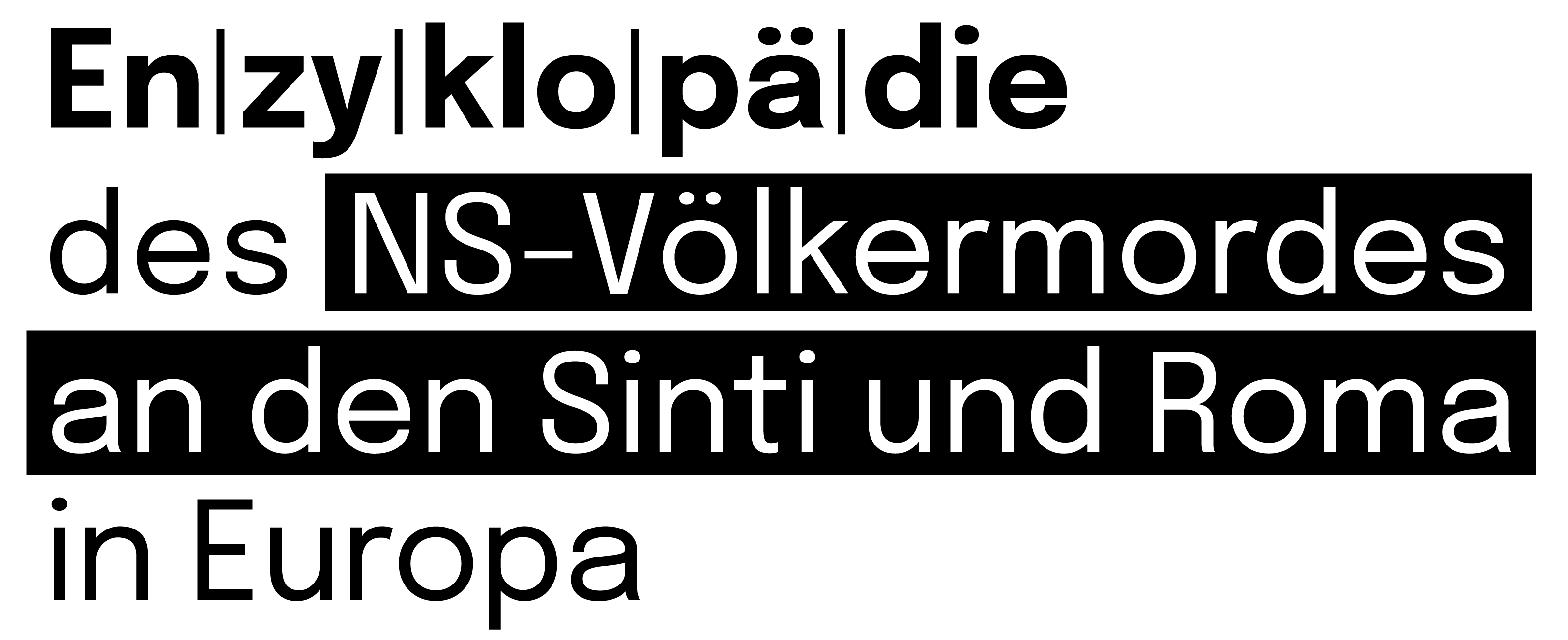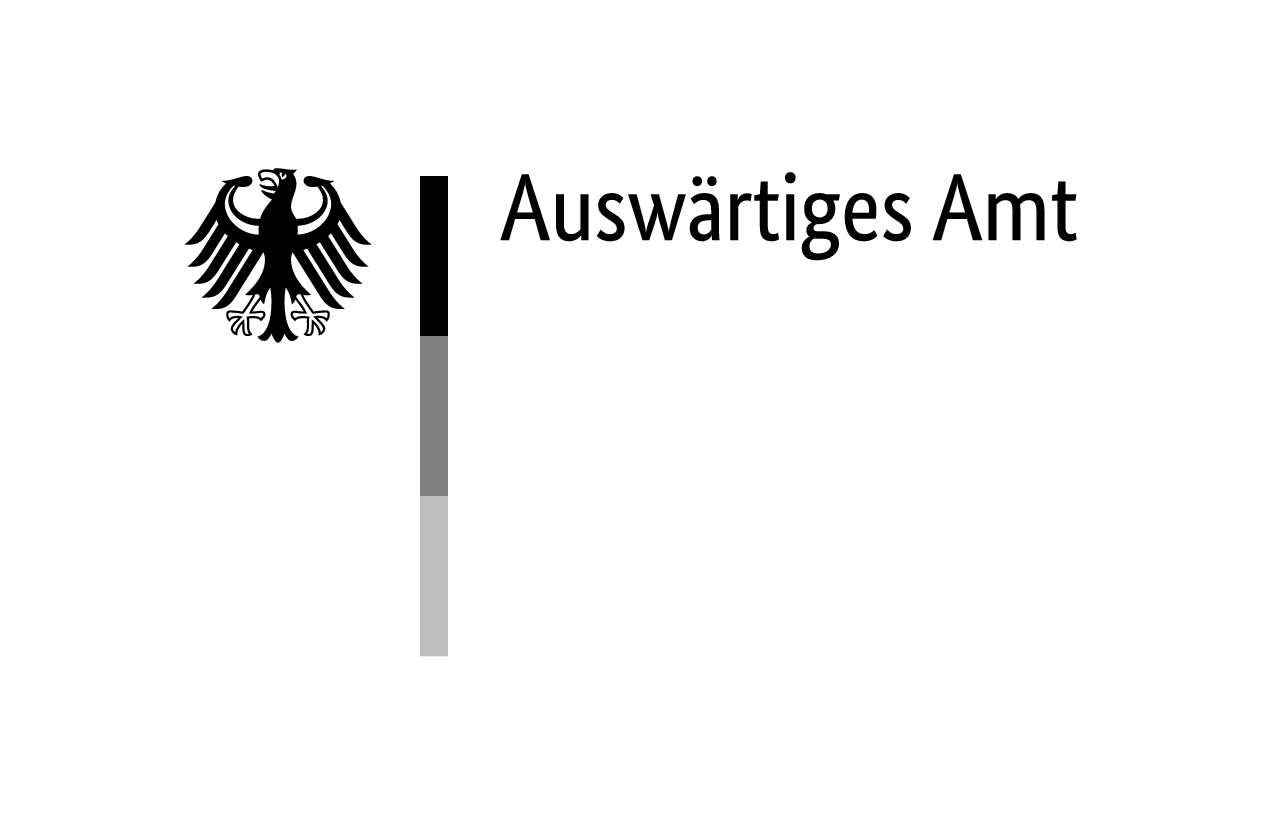Edward Dębicki was born on 4 March 1935 in Kałusz (today Kalush in Ivano-Frankivs’k Oblast, Ukraine), then in the Polish voivodeship of Stanisławów. His birth surname was Krzyżanowski. His parents, Władysław Krzyżanowski (1901–1979) and Franciszka Raczkowska (1912–1996), belonged to the Roma community whose members travelled seasonally to earn a living. During the summer, the family, to which Dębicki’s siblings Janina (1932–2003), Adam (1936–2020) and Adela (1938–2009) belonged, was travelling, in the winter they rented a place to live.
Edward Dębicki’s experiences growing up during a time of great upheaval and persecution were vividly recounted in his autobiography ‘Ptak umarłych’ [Bird of Death], which was first published in 2004.1The authors would like to thank Edward Dębicki for his help in preparing the biography.
Musical Tradition in the Family
Dębicki came from a family with deep roots in the Roma musical tradition. His ancestors included the Wajs and Korzeniowski families, who had long earned their living as musicians. They were particularly renowned for the harps they carried with them as part of their orchestra. Edward Dębicki’s father’s family owned a house and land in Aleksandriia, a locality in Volhynia Governorate of the Russian Empire (today Oleksandriia, Rivne Oblast, Ukraine), but they were expelled following the World War I and the Russian Revolution. Dębicki himself learnt to play the accordion at the age of ten, and he played in his uncle’s harp ensemble from a young age. Music would become a cornerstone of his identity and career, deeply intertwined with his Roma heritage.
Wartime Persecution and Survival
The outbreak of World War II brought immense suffering to the Roma community. When Nazi Germany invaded Poland on 1 September 1939, followed by the Soviet Union occupying eastern Poland, Dębicki’s family fled southeast. They first spent the winter of 1939/40 in Kozova [Polish: Kozowa], which had become part of Soviet Ukraine (today Ternopil’ Oblast, Ukraine), where they had friends and could find shelter. From June 1941, however, the growing danger from both German occupiers and local collaborators forced the family to be continually on the move.
The family eventually settled temporarily in Leżachów—a village in the General Government in southeastern German-occupied Poland–, were Władysław Krzyżanowski, Dębicki’s father, purchased a small house in 1942. But even there, the threats of deportation and execution loomed. They heard of massacres targeting Jews and Roma, including one near Berestechko [Polish: Beresteczko]—a small Volhynian town in German occupied northwestern Ukraine, today Volyn’ Oblast—where survivors shared horrific tales of mass shootings.
In the winter of 1942/1943, they fled to the city of Volodymyr-Volyns’kyi (former Włodzimierz Wołyński, currently Volodymyr in Volyn’ Oblast, Ukraine), which belonged to the General District of Volhynia and Podolia [Generalbezirk Wolhynien und Podolien] of Reich Commissariat of Ukraine [Reichskommissariat Ukraine], where they lived near a ghetto where most Jewish residents had already been killed. Roma were forced to wear identifying white patches and had to perform forced labour. Dębicki’s father was arrested after giving bread to a Jewish family, though he was later released with help from Edward Dębicki’s uncles.
As persecution intensified, the family fled to the forest to join Polish partisans, narrowly escaping capture multiple times by both German troops and Ukrainian nationalist forces. They spent many months hiding in the forests, facing daily threats from the Nazis and the Ukrainian forces under Stepan Bandera (1909–1959). Their survival depended on quick thinking, support from local Polish partisans, and sheer resilience.
Post-War Life and Career
After the area was liberated by the Red Army in July 1944, the Dębicki family eventually returned to Poland, where they began to rebuild their lives. A year later, they adopted the surname Dębicki. In post-war Poland, Edward Dębicki continued his education, attending music schools in Gorzów Wielkopolski and Zielona Góra. His dedication to music led him to found Kcham (Romanes for ‘Sun’) in 1955. This was Poland’s first Roma music ensemble, and later evolved into the internationally renowned music theatre Terno (Romanes for ‘Young’).
Dębicki composed around 200 musical pieces, authored numerous theatrical plays, and wrote film scores. His work crossed borders, making him a celebrated figure beyond Poland’s Roma community. Since 1989, he has organised the Romane Dyvesa (Romanes for ‘Romani Days‘), an international meeting of Roma musicians in Gorzów Wielkopolski. He was also instrumental in founding the Bronisława Wajs Society of Creators and Friends of Gypsy Culture [Stowarzyszenie Twórców i Przyjaciół Kultury Cygańskiej im. B. Wajs-Papuszy] in 2002, in memory of his relative Bronisława ‘Papusza’ Wajs (1908–1987).
Cultural Contribution and Legacy
Edward Dębicki’s contributions to Roma culture have been widely recognised. His musical and literary work stands as a testament to his community’s history and artistic achievements. His autobiography Ptak umarłych offers a rare, poignant insight into the life of Roma during the war and the unique challenges faced by his community. As an accordionist, composer, and writer, his influence has been profound both within Poland and internationally.




